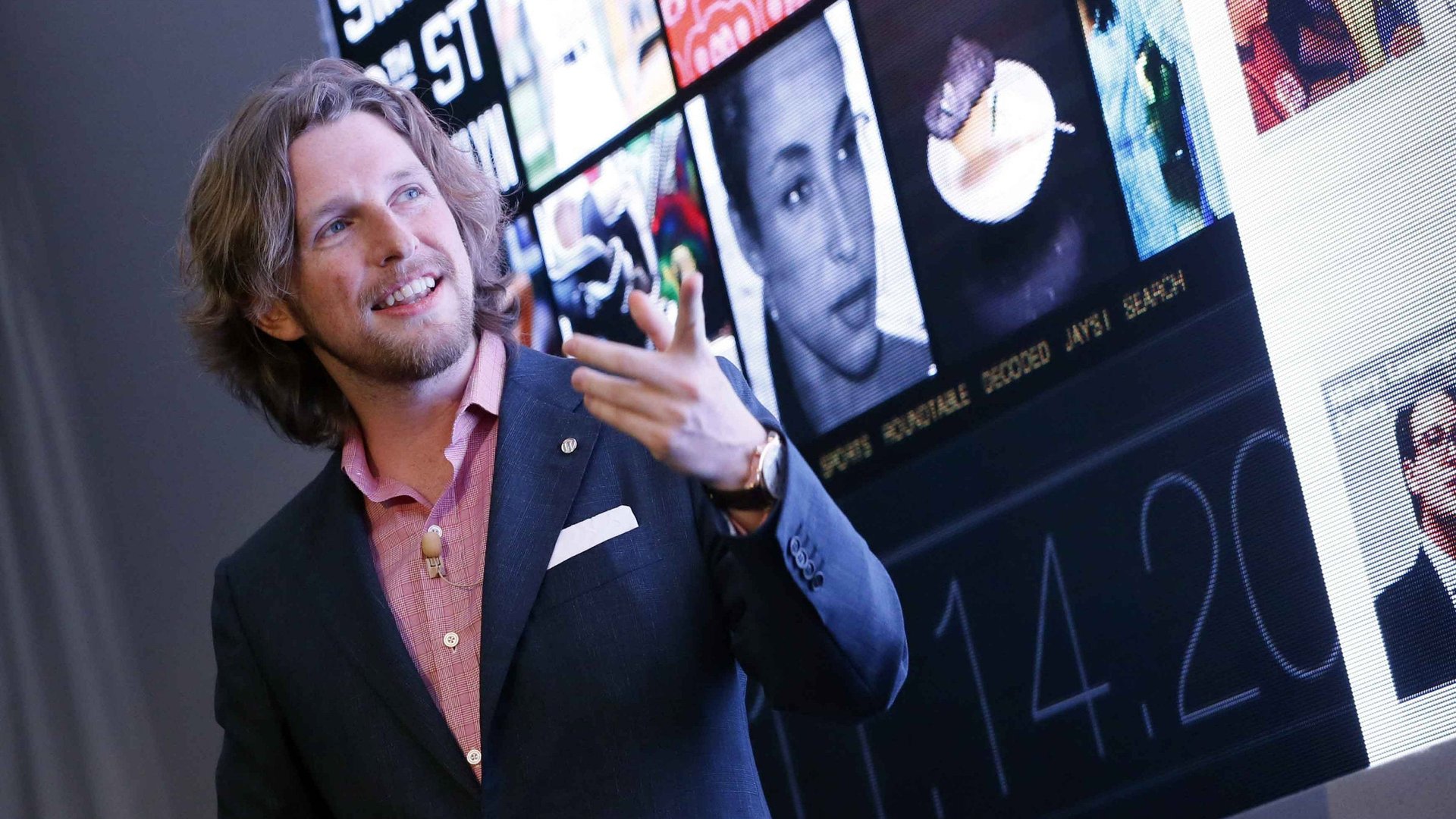Maybe workers should just take turns being CEO
If you’re looking at a typical corporate org chart, there’s no better place to be than at the very top, but not every leader wants to stay there.


If you’re looking at a typical corporate org chart, there’s no better place to be than at the very top, but not every leader wants to stay there.
On Monday, Jan. 13, WordPress Creator Matt Mullenweg announced that he was switching jobs with Toni Schneider, the former CEO of the platform’s parent company, Automattic. On his blog, Mullenweg said that after eight years as CEO, Schneider will now focus his energy on developing some of Automattic’s new products.
A few weeks earlier, Moz founder Rand Fishkin made a similar announcement on his blog. After nearly a decade as CEO, he was switching jobs with Moz’s president and COO, Sarah Bird. “Being a CEO at a 10-person startup, a 30-person startup, and even up to ~75 people at Moz was a truly enjoyable experience,” he wrote. “But the growth from ~75 to ~135 today has been less fun for me.”
The CEO role swap has “come into fashion ever since [the TV show] ‘Undercover Boss’ came out,” Ethan Bernstein of Harvard Business School told Quartz. The show captures the idea that “the CEO could learn a lot from being an individual contributor in their own organization. But it takes the right people to pull this off. … The former CEO can be a shadow and make the new CEO ineffective.”
Both Mullenweg and Fishkin say that their roles are already so fluid with their counterparts that the switch shouldn’t be that much of a disruption.
“Eight years is a long time to do any job and we had accomplished a lot of new challenges,” Mullenweg, who just turned 30, told Quartz. “I feel like I’ve matured a lot. And it’s good to have fresh eyes on something. … It’s not a very big change for anyone in the company. A majority of the company was already reporting under me before.”
There are many reasons that Fishkin wanted to switch jobs, but essentially, he fell out of love with the CEO role. “One of the things I’ve found frustrating over the years is that in order to build a great company, you don’t have to just do a good job at that core competency,” Fishkin told Quartz. “In fact, we have to be really good at finance, human resources, planning, all these extraneous, non-central things to your success. Your obligation is to do more than what you personally are good at.”
Fishkin is also looking forward to stepping away from the people side of the business. “I hope to devote a lot of time this year to evangelizing what it means to be an individual contributor,” Fishkin says. “Individual contributor” will be his new title at Moz, and he’ll focus mostly on product design, marketing initiatives, and brand evangelism.
Similarly, Mullenweg said he’s “most excited about the things that have nothing to do with my CEO job. There are going to be major iterations to WordPress.”
For the health of the company, it’s important that there’s clarity around the scope of the new roles, says Bernstein. “There’s no such a thing as over-communication and over-thinking these things.”
Both Fishkin and Mullenweg were transparent in communicating that they wanted to focus on different aspects of their businesses, which sends a good message to employees: if you’re not happy in your current role, find a new one.